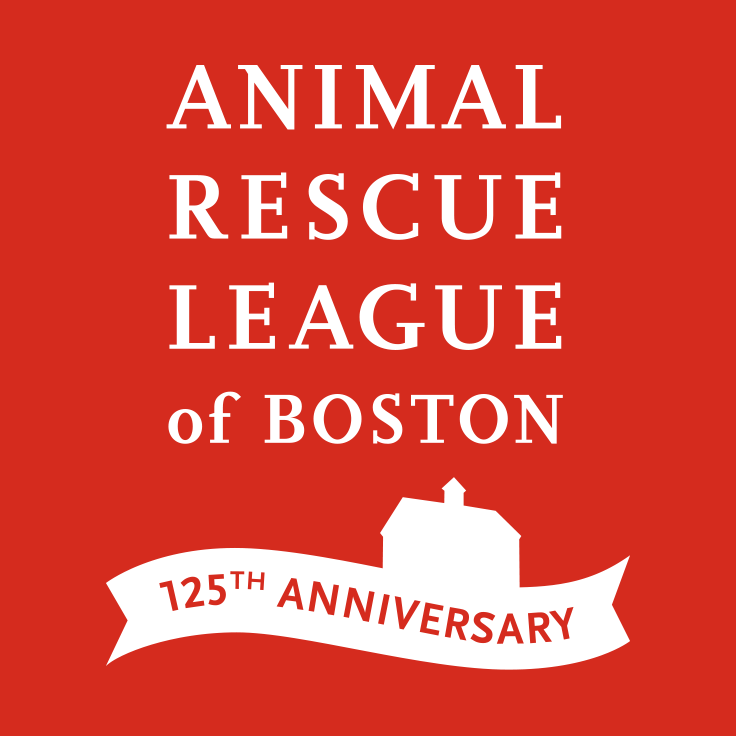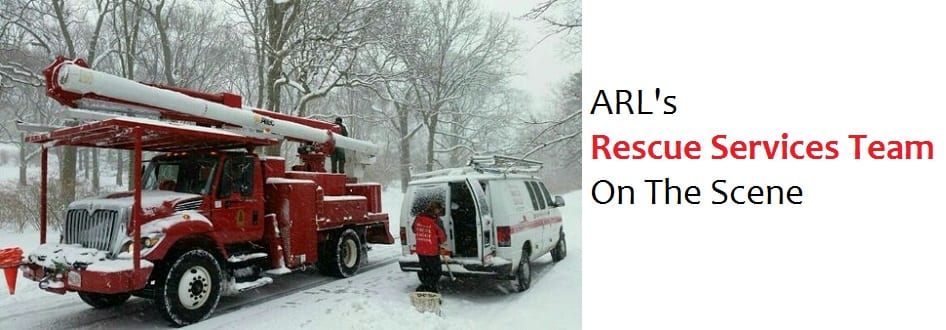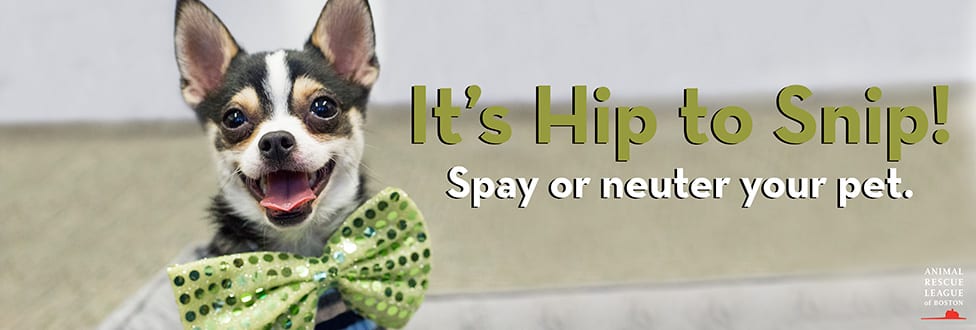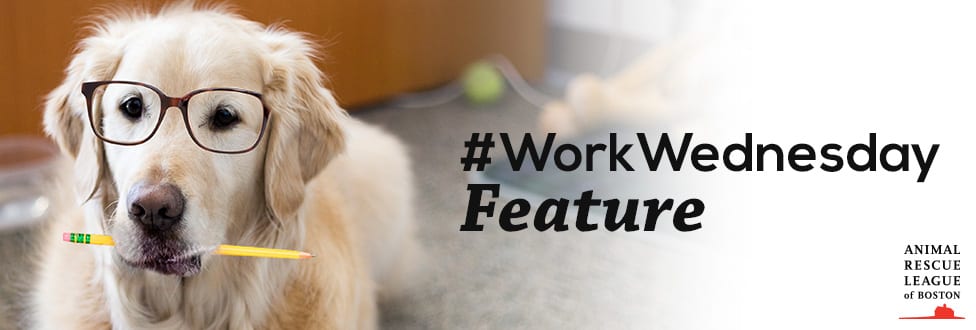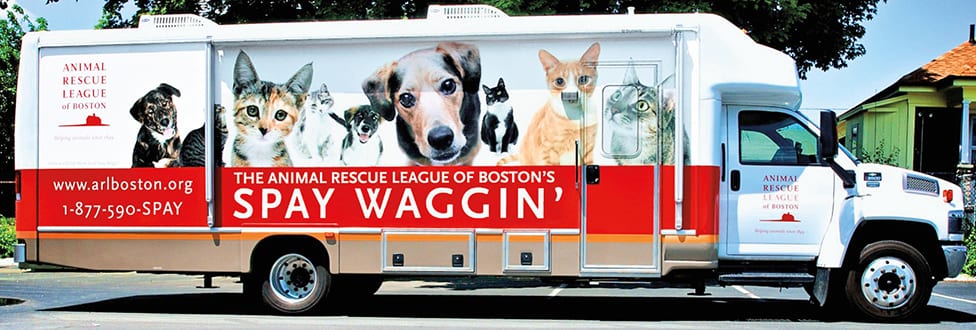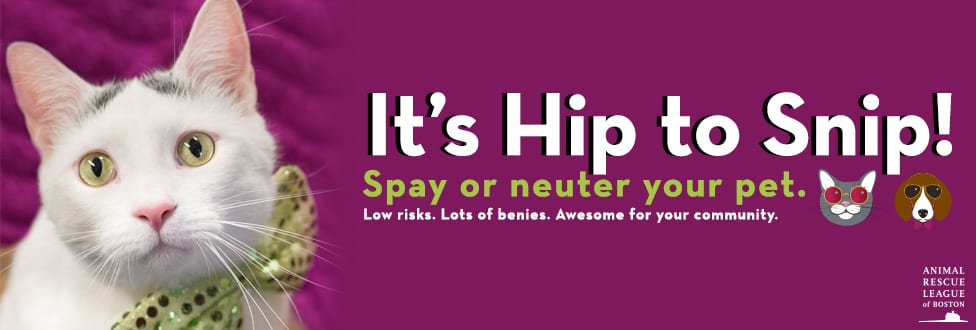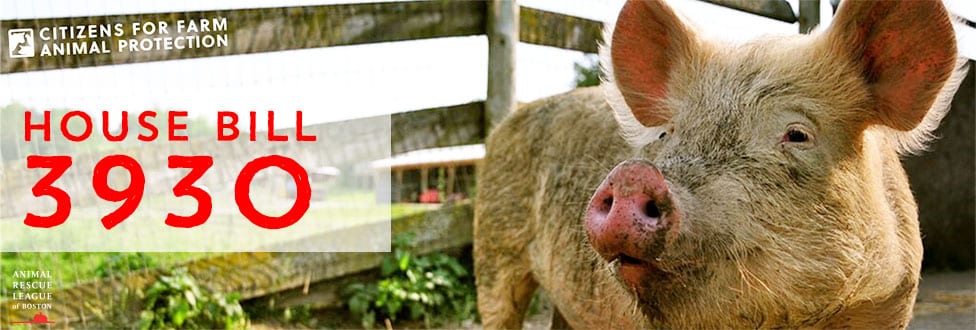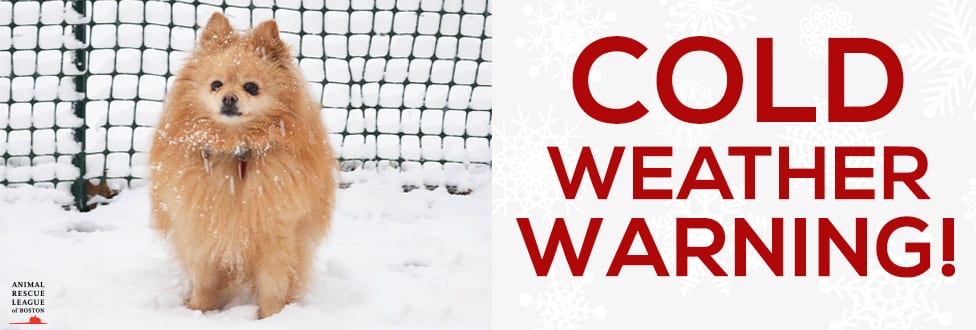USSC Increases Animal Fighting Penalties
ARL sent a proposal to the USSC urging higher guidelines for individuals found guilty of federal animal fighting crimes
Earlier this month, the Animal Rescue League of Boston (ARL) reported that the United States Sentencing Commission (USSC) was considering increasing penalties for animal fighting.

The ARL believes that these higher guidelines will help deter any potential offenders, and help to protect animals like Turtle from becoming “bait dogs”.
The ARL, along with countless other animal welfare organizations, sent letters urging the USSC to consider higher sentencing ranges for individuals found guilty of federal animal fighting crimes.
Our voice was heard!
On April 15, 2016, the USSC voted unanimously to approve increases for the sentencing penalties associated with animal fighting. Previously, the range was 6 to 12 months in federal prison; the range is now 21 to 27 months in federal prison.
The USSC also authorized judges to impose upward departures – sentences above the usual range – for those cases where:
- The suffering of animals was prolonged.
- The fighting enterprise was on an exceptional scale (an exceptionally large number of animals was involved in the fighting enterprise).
The ARL believes that these higher guidelines will help deter any potential offenders, and help to protect animals like Turtle from becoming “bait dogs”.
It is for Turtle and so many other animals like her that the ARL continues to urge that those who are responsible for such harm and cruelty are brought to justice.
TAKE ACTION FOR ANIMALS! Learn the 7 most common warning signs of animal cruelty and report any suspicious activity to your local authorities.
